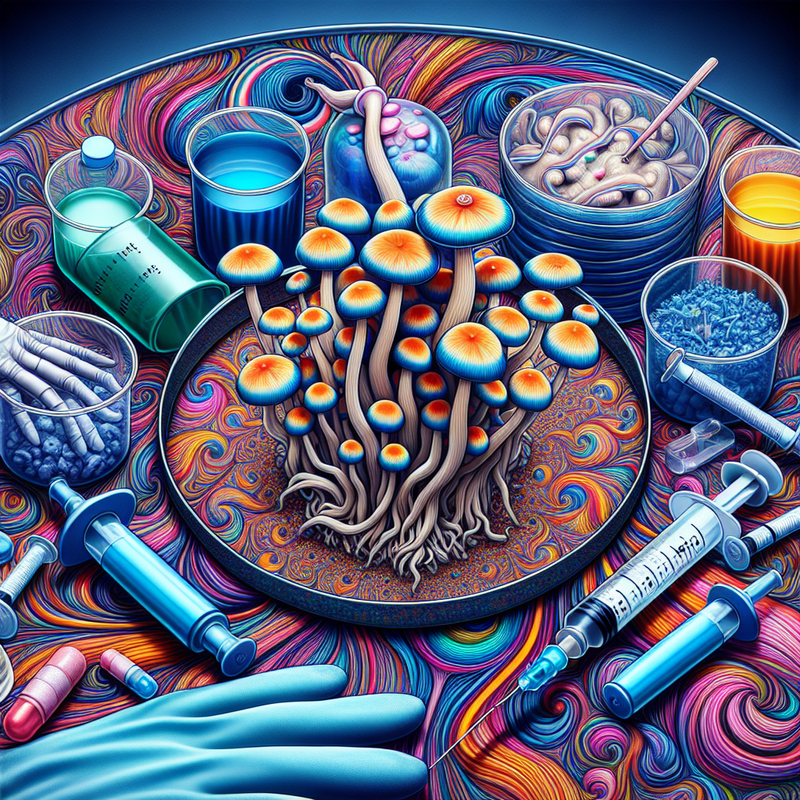Exploring Psychedelic Frontiers: The Synchronized Narratives of Two Authors
At the University of California, Berkeley, two authors journeyed down reflective yet intertwined paths within the psychedelic research space, culminating in the release of two insightful books that delve into the world of mind-expanding substances and their promising therapeutic effects. Michael Pollan, an established figure known for his contributions to the discourse on food systems, ventured into a new analytical inquiry, whereas Don Lattin, with his backdrop in religious reporting, infused his distinctive mix of solemnity and sarcasm into the mystical topic of psychedelics.
Odyssey of Insight
The courses charted by Pollan and Lattin involved engaging with specialists and seasoned psychonauts, leading them through extensive research that fortuitously brought them to corresponding revelations and near-identical publication titles. With Pollan’s “How to Change Your Mind” and Lattin’s “Changing Our Minds,” the overlap isn’t restricted to their thematic exploration of psychedelics; it extends to their individual journeys to decode the enigma of their consciousness. Despite diverging origins and the variance in their publishing avenues—with Pollan pitching his tent with Penguin Press and Lattin pairing with the independent Synergetic Press—their lines of inquiry interlaced as both delved deep into the cognitive rabbit hole.
Their probing went beyond intellectual theory, as both Pollan and Lattin under guidance from subterranean psychedelic practitioners, dared to experience what LSD and psilocybin had to offer, stepping outside the bounds of traditional “journalistic objectivity” and into states that defy the normative separation of observer and observed.
In pursuing these psychedelic endeavors, they tackled personal dimensions, examining their mental health and backgrounds of substance misuse. Pollan confronted his tendencies toward anxiety and egocentrism, while Lattin faced his battles with depression and his history with cocaine and alcohol, weaving their intimate encounters into their reportage.
Despite their different trajectories in the media landscape—Pollan frequently in the limelight, Lattin charting a quieter course—their findings culminated in an accord on the deep, ineffable nature of psychedelic experiences and the associated therapeutic benefits.
The paralleled tales of these journalists illuminate a broader truth pertinent to their field and society as a whole—that deeply personal experiences are cardinal to our collective pursuit of wisdom and understanding. Their narratives are a combined testament to the inquisitive spirit and shared commitment to discovery that defines the UC Berkeley alumni network.
Their recent reunion, on the brink of Pollan’s book tour, exemplified the collaborative ethos of their individual yet synchronous quests. As their writings navigate profound and intricate themes, these authors showcase that though their paths may appear solo, akin to the psychedelic journeys they describe, they converge into a universal human story—one of fellowship, enlightenment, and the vast, untrodden landscapes of the human psyche.




